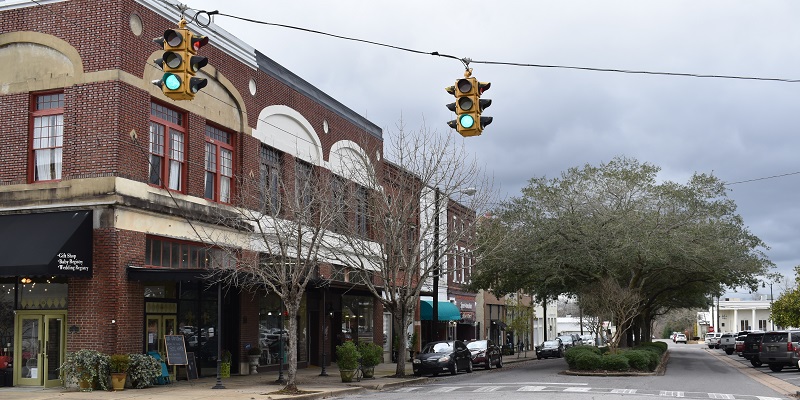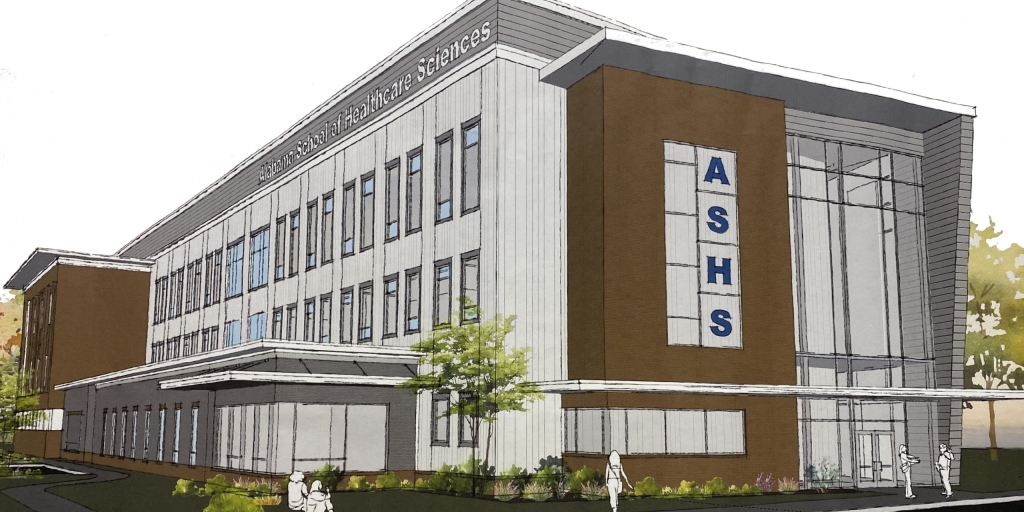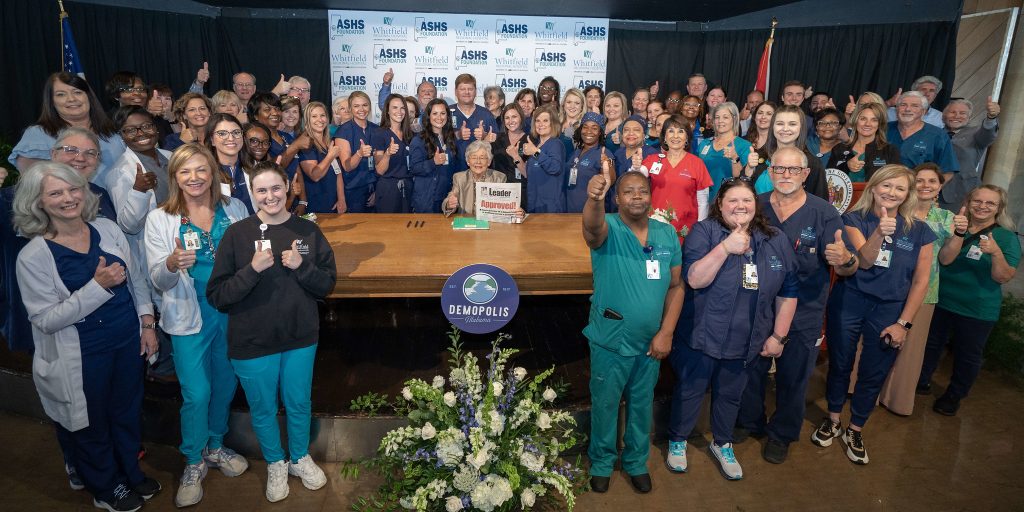DEMOPOLIS – Most people know the hardships of Alabama’s Black Belt — poverty, declining populations, lack of access to quality education and health care.
However, in northern Marengo County, one city has defied the worst of these trends.
Located on the bank of Tombigbee River, near its fork with the Black Warrior River, is the 200-year-old city of Demopolis. French colonists founded the Demopolis, a term for “The People’s City,” in 1817 and over time it was settled by other Europeans and American planters from the East Coast.
Initially, as Alabama developed from the south up, Demopolis was the last stop on the river before the advent of the lock and dam system.
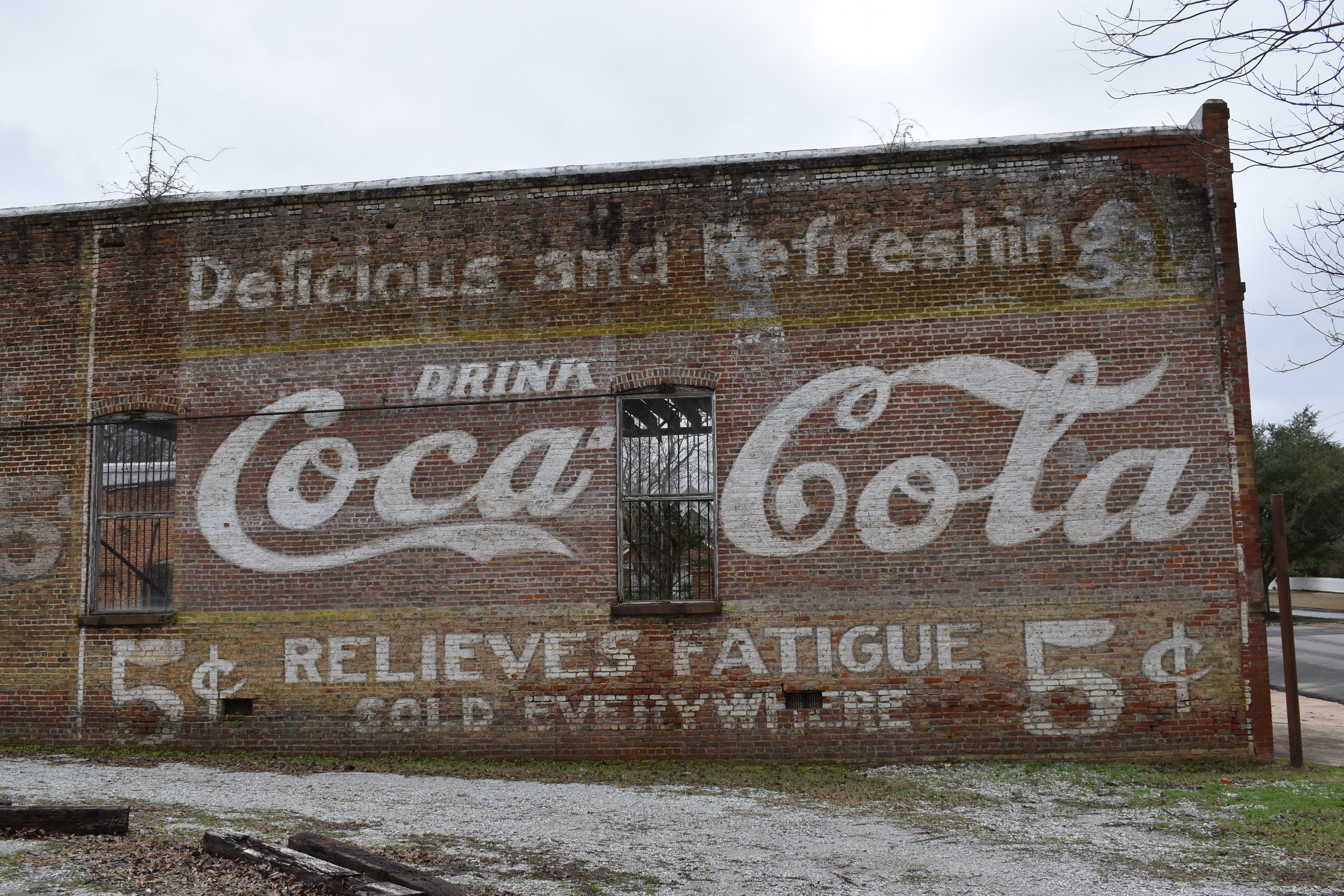
Over time, the city benefitted from the various boom and bust cycles of agribusiness – cotton, cattle and catfish. Warehouses on the banks of the Tombigbee River attracted riverboat traffic. Later came the pulp and paper industry, lumber and timber, and cement made possible by the chalk in the soil.
Demopolis is a fair distance away from the hustle and bustle of Alabama’s metropolitan areas. Despite being connected by a four-laned U.S. Highway 80 and 20 minutes from Interstate 20/59, Demopolis is an hour-and-45-minute drive from Birmingham and Montgomery, and a two-and-a-half-hour drive from Mobile.
However, for those unfamiliar with Demopolis, it is one of the bright spots in the beleaguered Black Belt.
Education and Workforce Development
Demopolis Mayor John Laney sees his city’s model as a way to cure the region’s woes, which he argues requires regional cooperation.
“I think for the Black Belt itself, in this part of Alabama, to be successful, it won’t be any one area,” Laney said in an interview with Yellowhammer News. “It has to be all of us working together for the success of each other. I think Demopolis can be a very strong part of that team and I think we are doing things as a community to help improve and gain momentum towards that improvement.”
As an example of this cooperation, Laney highlighted growth in the Demopolis Higher Education Center, a dual-enrollment facility comprised of high school students and continuing education for adults from around Marengo County.
“You ask yourself, well how did that occur?” he said. “It occurred because people work together – that being the Alabama Community College System has taken an interest in the Black Belt, that being the vice-chancellor, Jeff Lynn, and the chancellor, Mr. Jimmy Baker, and Shelton State.”
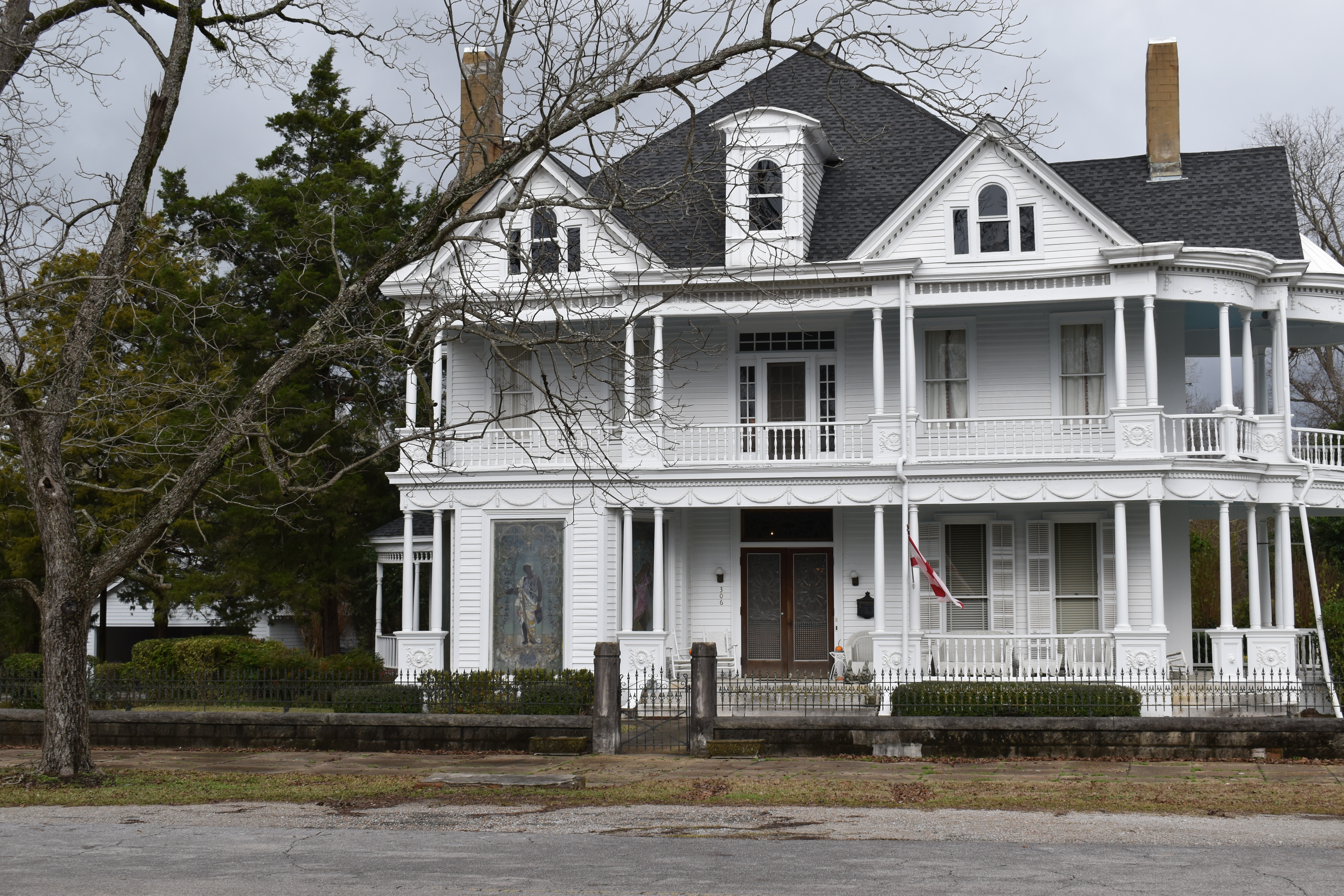
“Those two entities have come in and are actively working to increase educational opportunities, not only for high school students, so that they’re work-ready when they come out of high school,” Laney continued. “But ultimately the goal is to have both programs in place for unemployed people as they want to gain the skills to participate in the workforce, as well as underemployed people that want to improve their level in the workforce.”
According to the Demopolis mayor, the success is all about team effort.
“It’s not any one thing. It’s everybody doing a little bit to where the total effort is greater than anything any one person is doing,” he said.
Laney argued that workforce development is “critical.”
“The number one thing, in my opinion, is that you have a labor force or demonstrated that you can train a labor force in an area that a company is looking to locate,” he said. “And if you don’t have that capability, or demonstrate that you have that capability, you’re not going to get a second look. You probably won’t get a first look.”
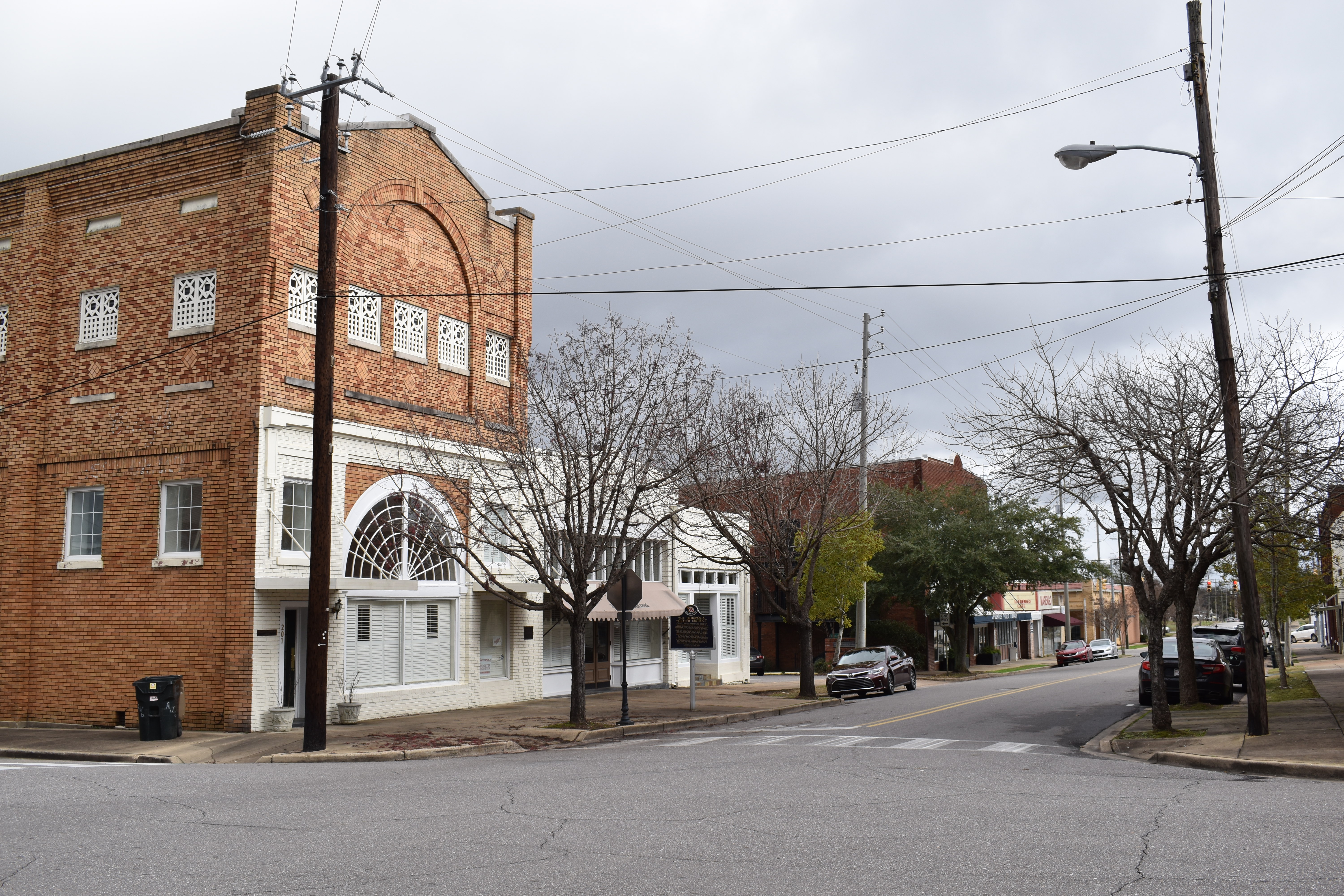
Internet-readiness, Proximity to Interstates and Airports Highlight Infrastructure Offerings
Demopolis has three nearby industrial parks – one on its south side, another near its airport and one in the city of Linden, the county seat of Marengo County, approximately 17 miles away. According to Laney, all three parks have the “AT&T Fiber-ready” designation.
“We have two companies just in the last 12 months that have … relocated its corporate headquarters from an area that did not have good internet communication to Demopolis because of high-speed internet connection because their business takes them all over the Southeast,” Laney explained.
He added, “We have another company that was located just outside of our city limits that relocated their corporate office to inside our city limits, again, to get access to that high-speed internet because their operations literally go throughout the United States. It’s hard for a business to function today without that access to high-speed internet access.”
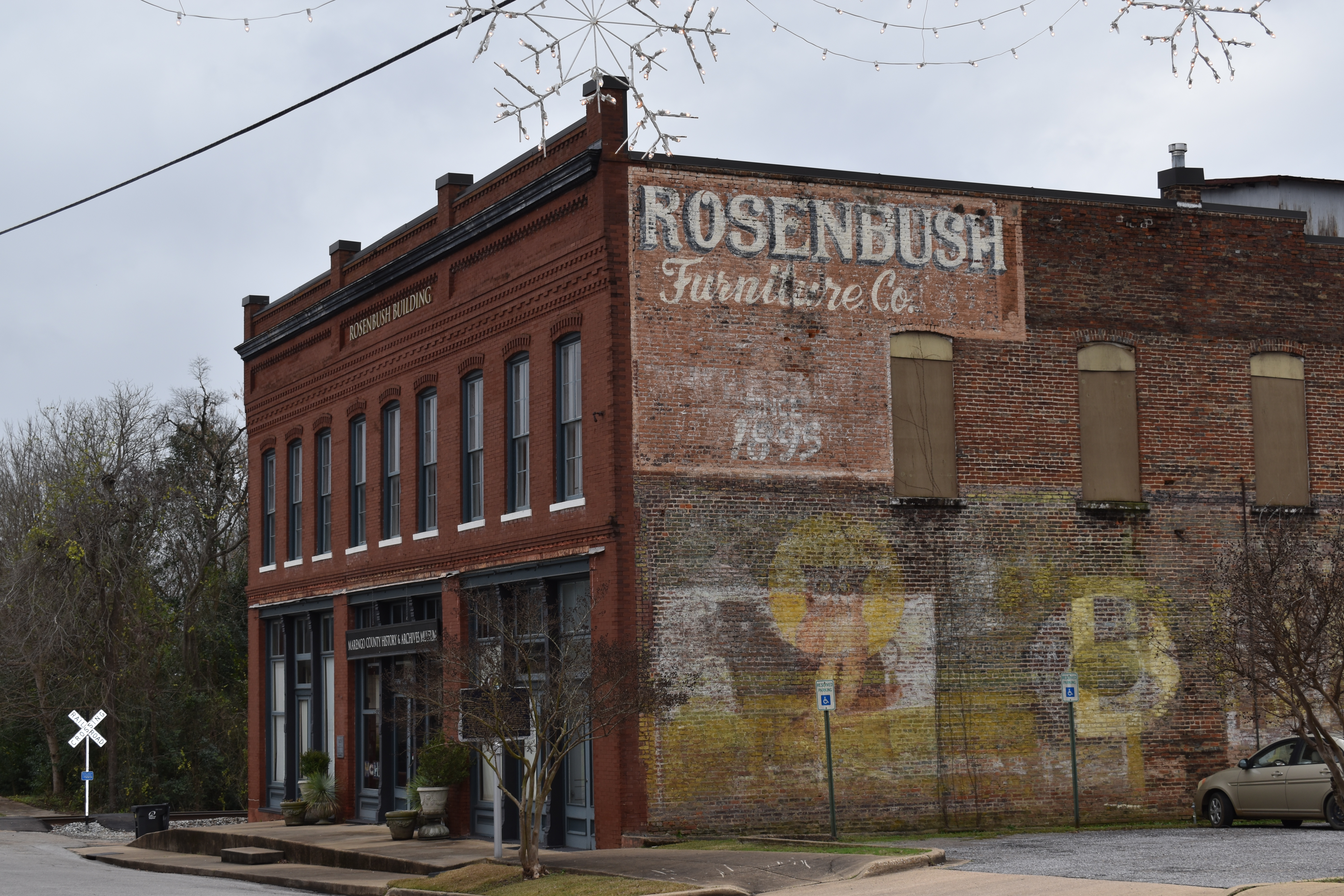
Demopolis is located on the U.S. Highway 80, a major east-west thoroughfare, which over the last decade-and-a-half has been fully four-laned from Interstate 65 near Montgomery to Interstates 20/59 near the Alabama-Mississippi state line.
“Having that four-lane access has made a big difference if you’re going from here south,” Laney said. “Again, if you’re going from here to Montgomery, having that four-lane access has made a big difference because it cuts down that travel time.”
Laney also touted Demopolis’ access to four commercial airports within a two-hour radius of his city: Meridian, Miss., Montgomery, Birmingham and Jackson, Miss.
“From here you have got a lot of flexibility as to where you choose to fly out of,” he said.
Overcoming the Rural Hospital Crisis
For much of rural Alabama, the loss of population has led to the loss of health care options, primarily hospitals. However, in early 2018, Demopolis’ Bryan W. Whitfield Hospital partnered with the University of Alabama-Birmingham (UAB) Health Systems.
“They’re beginning to show their benefit because they’ve just been instituted in the last four months,” Laney said. “But having that partnership with UAB is a key to helping our hospital turnaround because our hospital is a regional hospital, not a Demopolis hospital.”
As Laney explained, the hospital serves more than just the immediate area. Now it serves the entire west central Alabama portion of the Black Belt, making it a “regional health care center.”
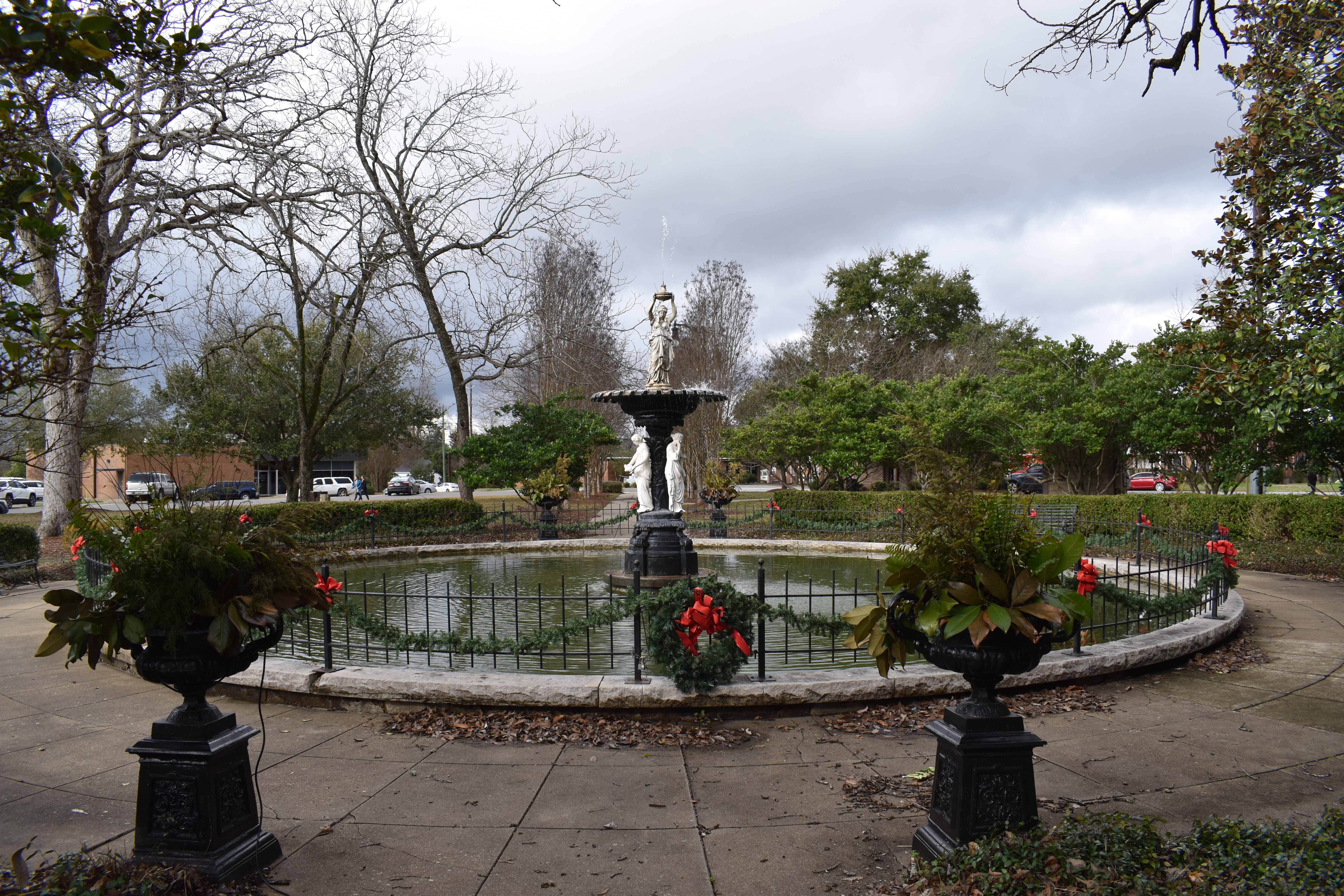
Downtown Revitalization Through Ordinance Enforcement
For new visitors to Demopolis, one of the first things you’re likely to notice is the abundance of historic structures. There’s no shortage of Greek revival antebellum homes, brick walls with murals advertising products of another era and a theater district that once showcased the talents of 1920s silent screen star Henry B. Walthall, boxer Jack Dempsey and escape artist Harry Houdini.
Laney credits a revitalization effort underway in his city’s downtown to the enforcement of dilapidated property ordinances already on the books in Demopolis.
“It’s interesting because, for years, we’ve had ordinances on the books,” he said. “But we are now actively enforcing our ordinances. Two things we have going are first, our dilapidated housing program and in the last two years, we’ve taken down 20 dilapidated properties throughout the city to improve the quality of life throughout the neighborhoods.”
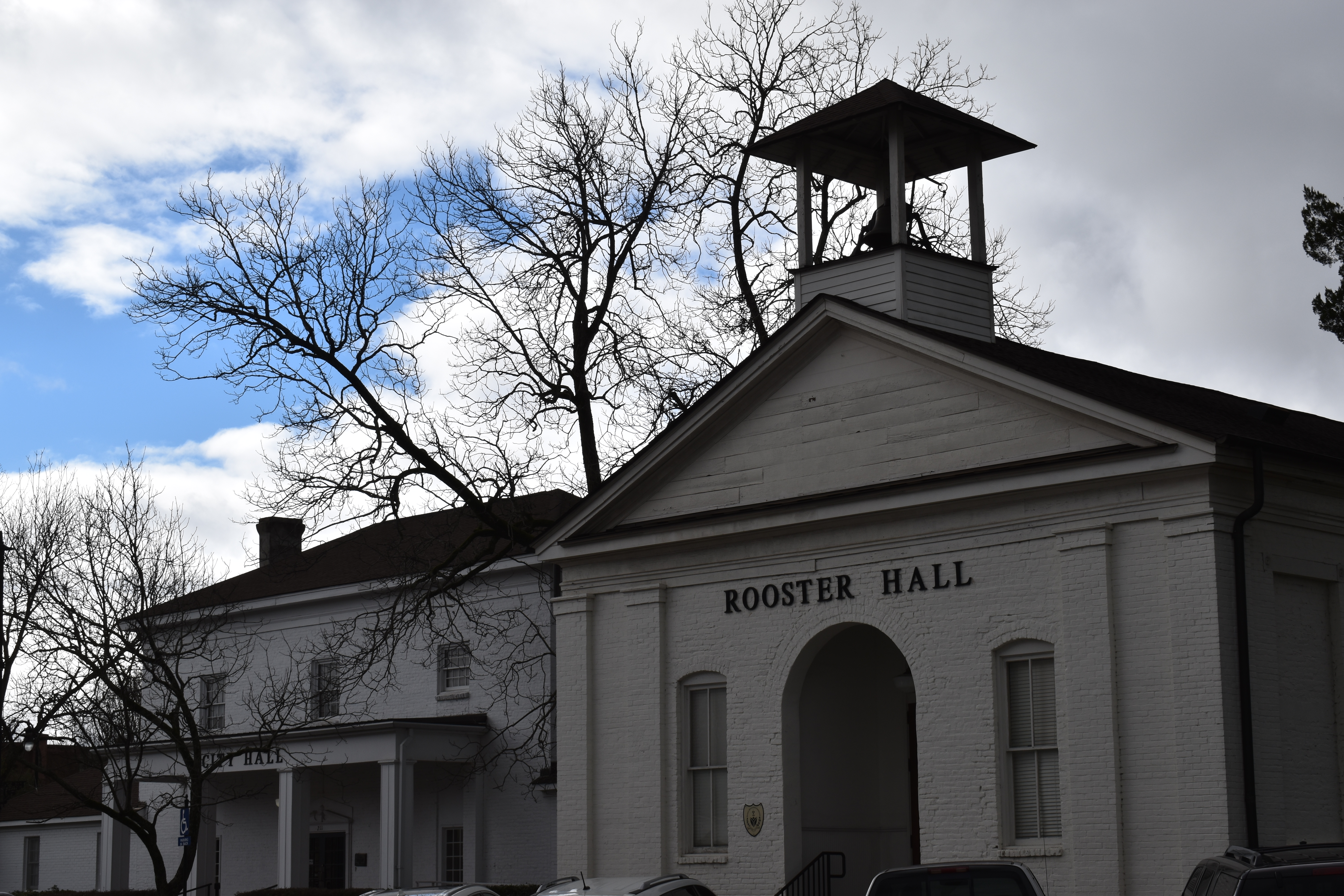
The other ordinances, Laney pointed to, are the “maintenance ordinances.”
“If you had come to this city six months ago, you would see vines growing down the side of buildings, trees growing out of gutters, windows broken,” he said. “But by taking advantage of those ordinances, we have started to make a turn there so that when potential investors come to our city, they are seeing fewer and fewer buildings that are rundown. They are being maintained properly to hopefully make for a more attractive place that someone would be willing to invest their money.”
Recently, Demopolis’ downtown has had a rebirth with the opening of a new jewelry store, clothing stores and two restaurants.
If You Create Jobs, Other Quality-of-Life Amenities Will Come
For Laney, his primary objectives are not to bring in big-box retailers or any other types of commercial business, but instead to increase employment so that ultimately there is more disposable income for such pursuits.
“[W]e can talk about movie theaters,” he said. “I’ve talked to the people that own the movie theaters in Tuscaloosa. We can talk about bowling alleys. I mean, we can talk about more restaurants. But until you get disposable income, you talk, and you talk, and you talk.”
“What we’re trying to do is we’re trying to create the infrastructure to attract businesses to create the jobs so that we will create the disposable income that will attract those other businesses,” Laney explained. “That’s the key to our success.”
Laney credited the Marengo Economic Development Authority, which has been successful in securing federal U.S. Department of Agriculture grant money for the Demopolis Hickory Mill, the maker of drumstick billets and ax handles.
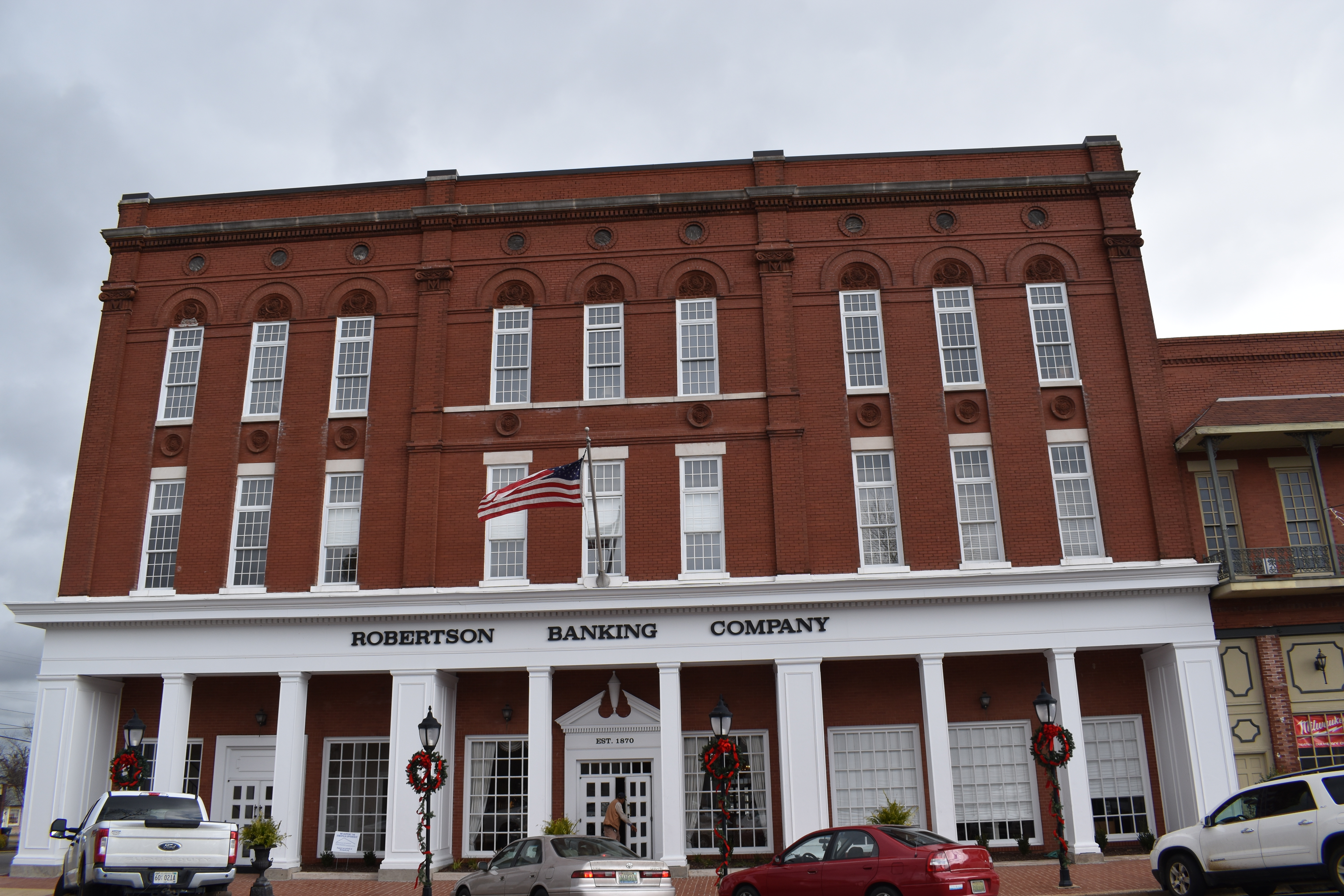
Another promising effort Laney touted was the agency’s successful effort to lure Superior Inland Terminals to Demopolis and re-establish it as a riverport, which would give Demopolis the opportunity to capitalize on being on the Tenn-Tom Waterway System.
Presently, the recently launched operation is focusing on aggregates, unloading/loading of coal and wood pellets hauled from Selma to Demopolis by truck and then bound for the port of Mobile by boat.
In August, Demopolis will host the Babe Ruth/Cal Ripken 14-Year-Old World Series.
“That will be out at our Sportsplex,” Laney said. “The Sportsplex is in good condition as it is, but we’re investing in it over the next several months to raise it to that world series quality so that people coming in from different places in the United States to participate in this event will feel like they’re coming to a special place.”
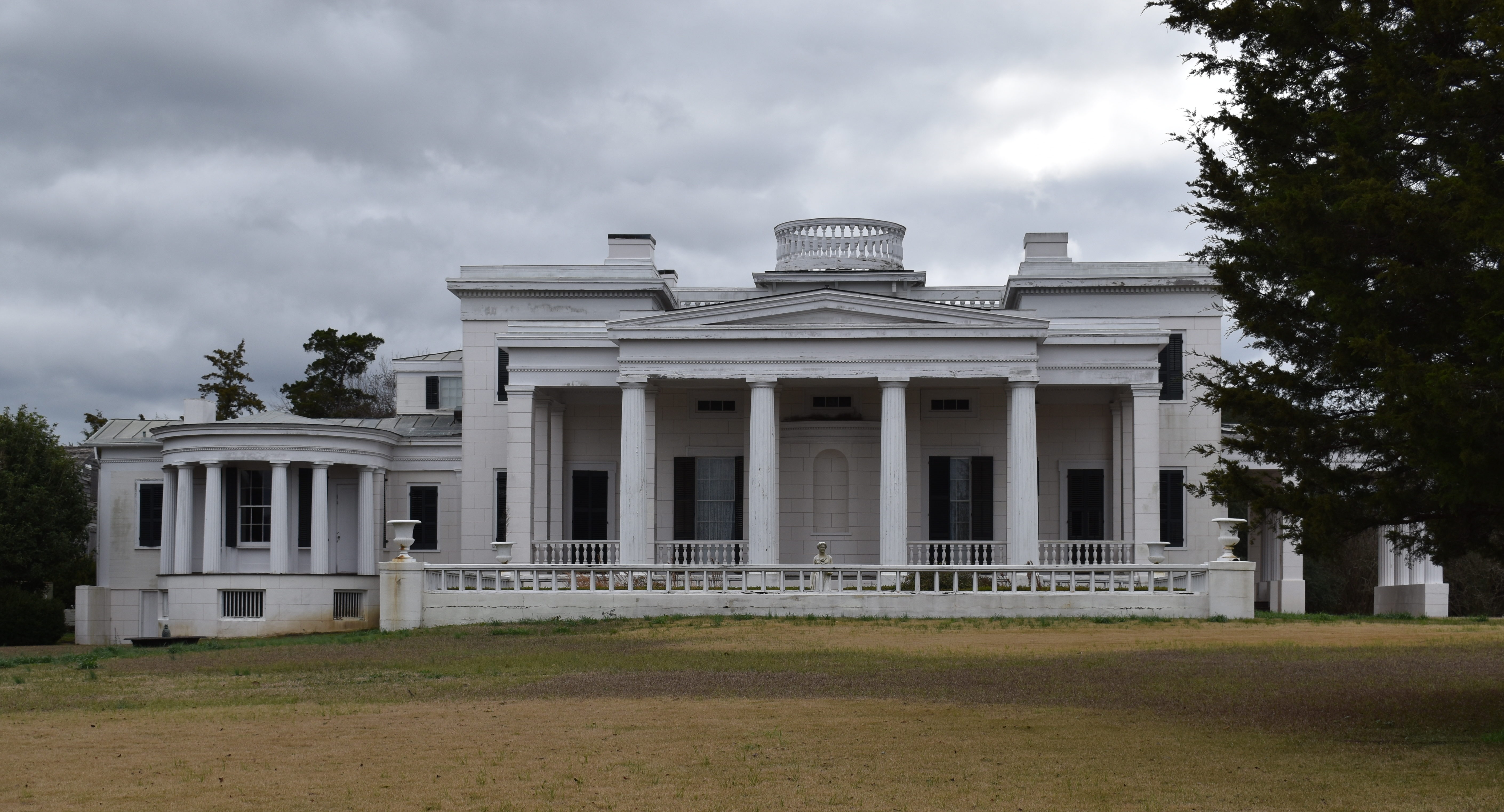
A Plea to the Alabama Department of Commerce
The leaders of economically struggling regions often complain that the State of Alabama government has put too much of a focus on the bigger cities while neglecting rural areas.
Laney told Yellowhammer News that is no different for the Black Belt.
“Jobs are the key to the success of the Black Belt,” he said. “One of the concerns that I’ve had as mayor is that I’ve watched, looked at things on a statewide basis – you see a lot of focus on the Metropolitan Statistical Areas.
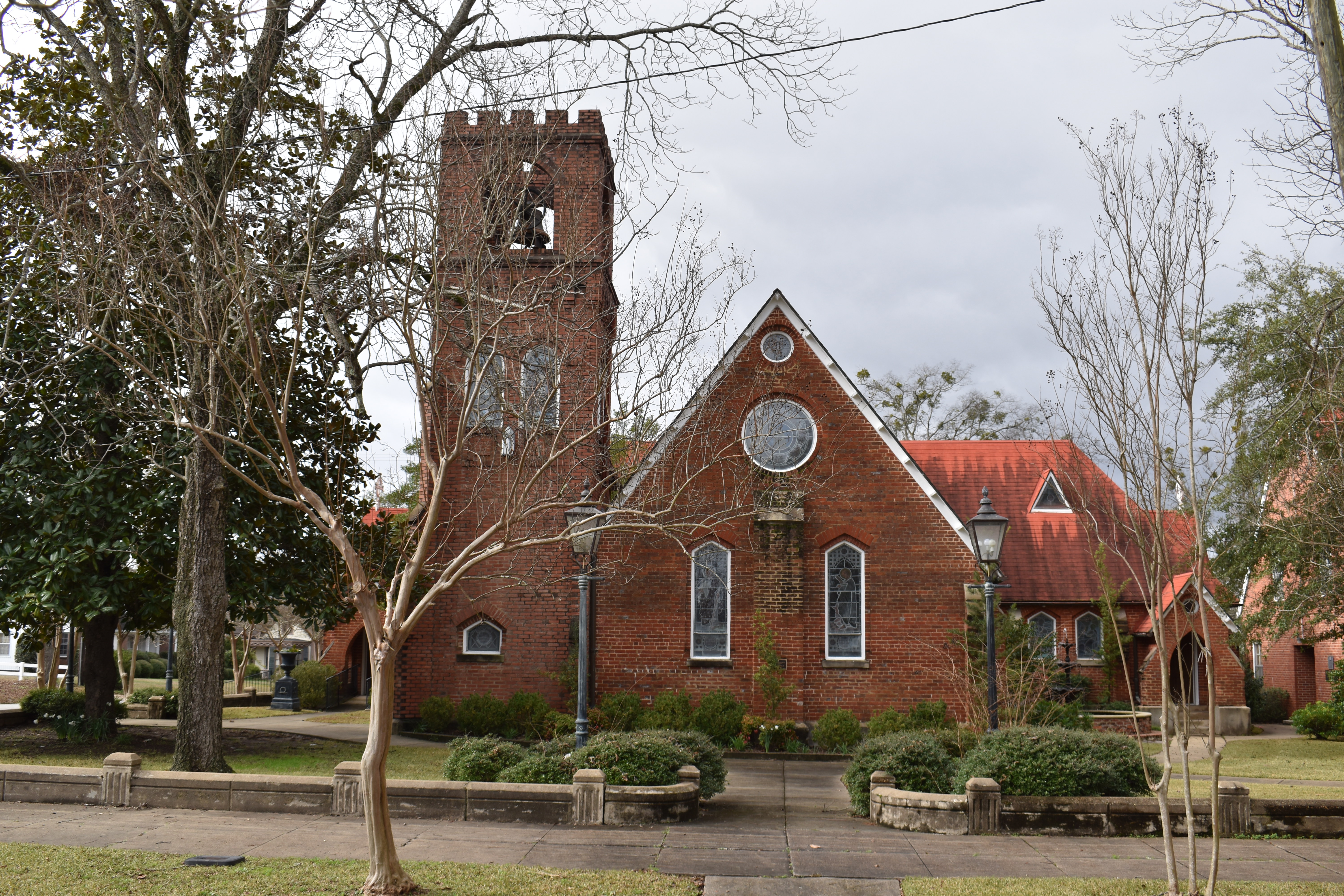
Laney argues that the Department of Commerce should revisit their incentive programs to encourage companies to locate in rural Alabama counties. According to Laney, as the state attracts more business to metropolitan areas, jobs become more concentrated in the cities, and more people abandon rural counties to take those jobs.
He noted that as people depart rural areas, it impacts hospitals, which lose their patient base; and it impacts the local skilled workforce, which is the lifeblood of economic development.
“I think the overall health of the state would be far, far better if there was more focus towards incentivizing companies to not only locate in the MSAs but also the rural counties,” Laney added. “I’m not talking about just the Black Belt, but I think this would be a general statement for all the rural counties in the state of Alabama. I think that seriously needs to be revisited.”
The Rivers as a Natural Resource
While Demopolis attempts to improve its standing as a riverport, currently the main benefit of proximity to the Tombigbee and Black Warrior Rivers has been industrial.
“Being on a river – where it has helped Demopolis more than any other activity is it is a very good source of water for these big mills.”

He cited the nearby Alabama Power Greene County steam plant and other mills operated by Georgia-Pacific and Westrock.
“As far as being a river port, that’s what we’re trying to develop, and that’s where Superior Inland Terminals we view as being the beginning of that,” Laney outlined.
Still Reaping the Benefits Cooperative Integration
Demopolis is known for how it avoided much of the strife that took place throughout Alabama, including in the nearby city of Selma, during the Civil Rights Era. Locals take pride in that, and to this day, Demopolis City Schools continue to benefit.
“Back in the ‘60s, during the period of integration, Demopolis city leaders – black and white – were faced with a decision, and that decision was do we let the federal government tell us how to integrate, or do we do it ourselves and try to do everything we can to help our public school systems survive?” Laney explained. “City leaders came together, put together our own integration plan, took it to Washington to the Department of Justice. The Department of Justice approved the integration plan.
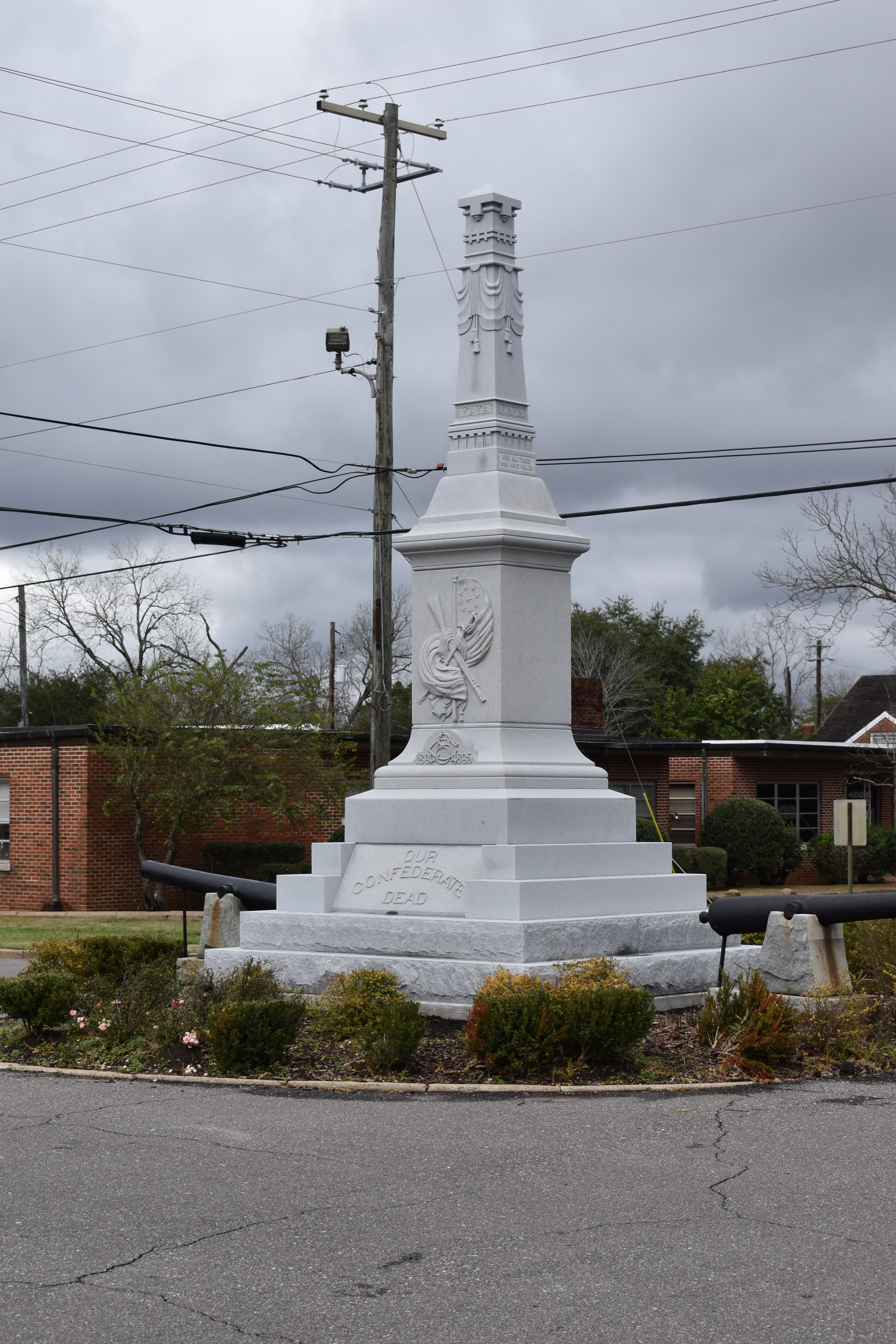
“And we have, without a doubt, one of the best public school system you’ll find in the state of Alabama,” he continued. “The private school systems in this area have been relatively weak because of our strong public school system. One-third of our student body comes from outside of our city limits.”
“It’s because we, meaning all the citizens of Demopolis, work together for the success of this city,” Laney added.
The Closing Sales Pitch
When asked to give a closing argument as to why someone should consider Demopolis over other options, Laney highlighted all the quality-of-life amenities already in place and the low cost of living. That, he argued, makes his city a place not only to open a business and raise a family but also to retire someday.
“We are an ideal community for small-to-midsize businesses,” he said. “We have a ready-and-able workforce. We’ve got great schools. We’ve got a great hospital. And we have a good quality of life.”
“We’re an ideal location for a retirement community because of our cost of living is very reasonable compared to a lot of the Metropolitan Statistical Areas,” Laney added. “Again that goes back to our medical facilities. If you’re a retired person looking for a quality place to live with good medical care, we definitely should be on your list of places to consider.”
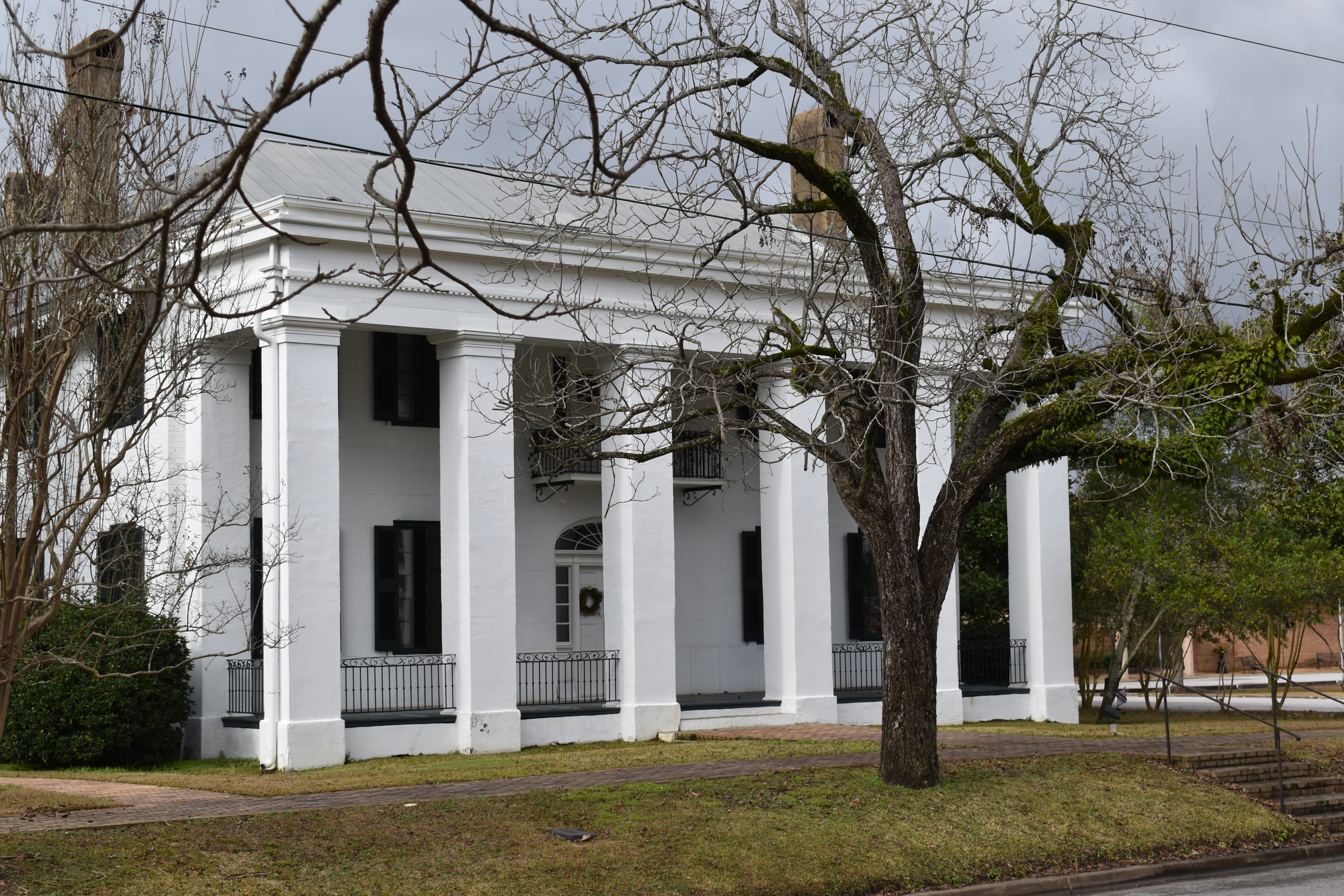
History backs up the claim, as evidenced by the number of well-maintained historic structures, Laney said.
“Demopolis is a historical city,” he said. “We’ve got Gaineswood. We’ve got Bluff Hall. We’ve got Lyon Hall. We’re open for business every day with regard to historical tours.”
“One of the things that makes Demopolis so vibrant is the interest that people take in our city in general,” Laney added. “This city doesn’t happen by accident. It happens because you have a lot of people who love this city and care for this city.”
@Jeff_Poor is a graduate of Auburn University, the editor of Breitbart TV and host of “The Jeff Poor Show” from 2-5 p.m. on WVNN in Huntsville.




